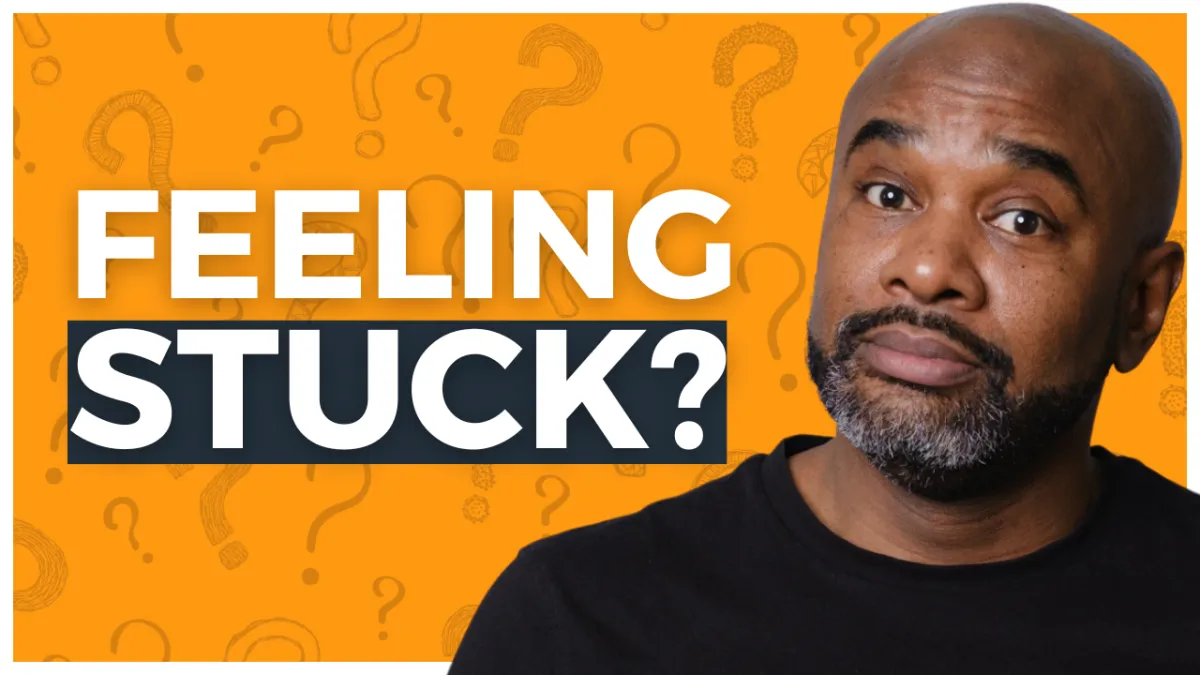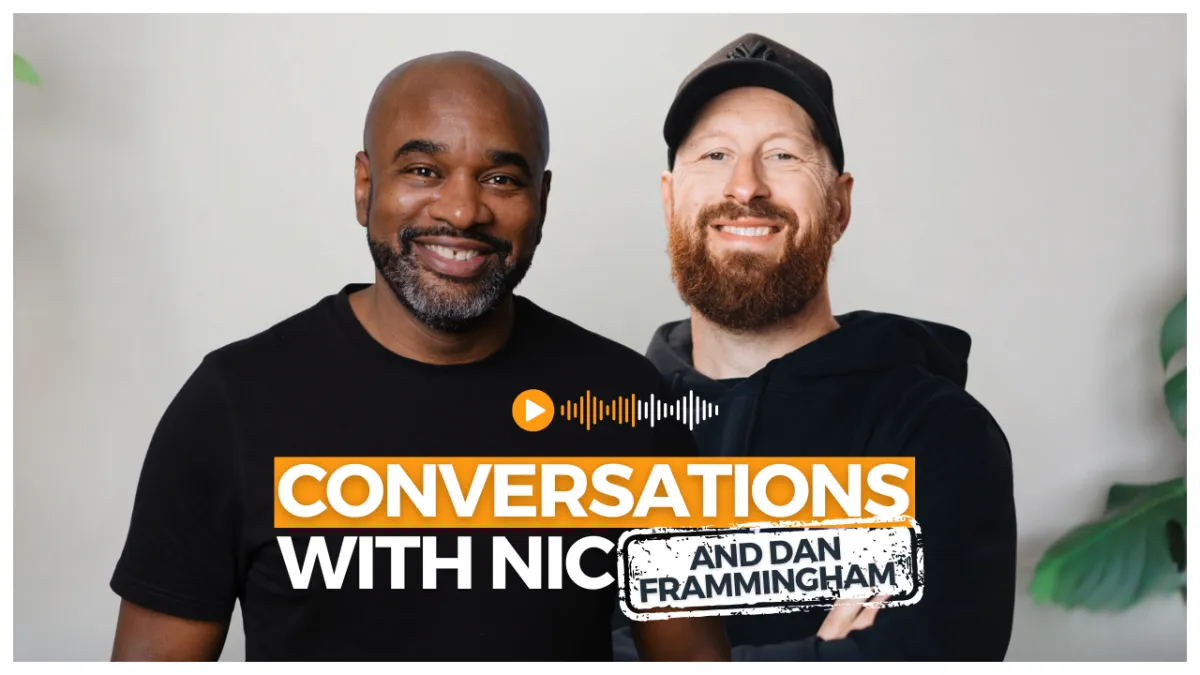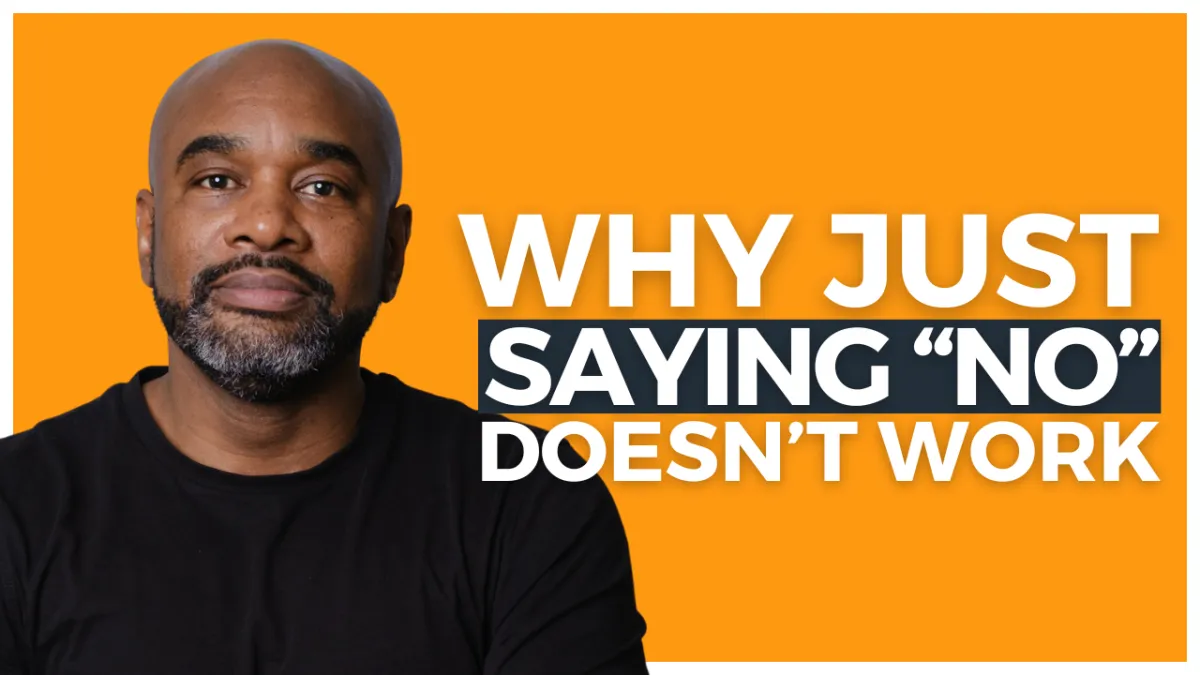Perfectionism is Keeping You STUCK
Chasing perfection? In this video, I explain the difference between perfectionism and excellence, and why knowing which one drives you can change how you manage stress.
Leadership

Chasing perfection? In this video, I explain the difference between perfectionism and excellence, and why knowing which one drives you can change how you manage stress.

In this episode of Conversations with Nic, I sit down with Dan Frammingham, a gym owner from Bedford, to talk honestly about leadership, growth, and what it really means to lead people.

Why does stress feel so hard to break? In this short video, I break down why stress isn’t something you can fix with better organisation or a tighter schedule.

Reviewing your wellbeing is good for your health. Learning what affects you is also helpful for making decisions about any improvements needed to take better care of yourself.
© 2026 Nicholas Ferguson. All Rights Reserved. Privacy Policy